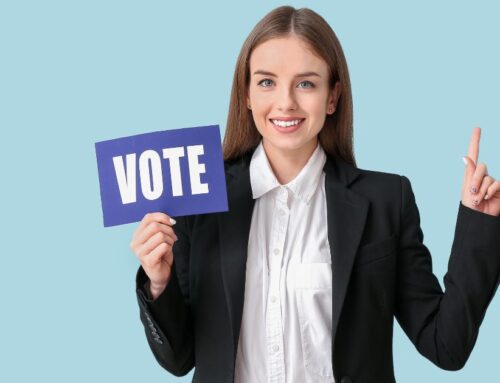With a little less than a month until the 2020 US presidential election, political polling is in full swing across the country. Phone centers are at or near capacity trying to keep up with political polling demand, and online panel sources are being utilized at a higher frequency for political polling than ever before.
Traditionally pollsters have preferred a phone approach as it allows for a more representative sample base. The abundance of voter profiled phone sample has also made it the preferred methodology for targeting and applying quotas for party registration and previous voter history.
Over the past several years phone has become a more complicated landscape to navigate with increasing regulations and guidelines for how polling is conducted over the phone. In combination with declining response rates, online has now become the preferred method of polling for many.
Online presents a cost-effective alternative to phone, with an abundance of willing participants eager to provide their political opinions. The question is, how accurate are these opinions and how can researchers be assured that those they are speaking to are registered voters with a verifiable voting track record.
In the absence of voter registration data, self-identification has been the preferred method of panelist classification, leading to an inflated number on online research panels. In 2018 there were 153 million+ Americans registered to vote, working out to roughly 47% of the population. By contrast, in a recent poll of online panel members, over 70% had identified themselves as registered voters. In addition to an over inflated voter base, online has traditionally lacked the same segmentation afforded to phone sample. Political party affiliation and previous voter turnout are also self-identified and as such are open to over inflation and bias based on the survey instrument.
Thankfully, several 3rd party voter databases exist that will allow you to proactively match your sample and enhance your panelists voter profile. With the addition of appended voter history and partisanship you can control survey quotas and accurately target registered voters.
Enhancing panelist data with registered voter data creates a methodology truer in form to phone polling and gives you greater confidence in standing behind your online voter respondents data.
About Steve Male, VP Business Development

Steve has over 10 years of market research experience having held roles in project management, field services and client facing roles. Some of Steve’s core areas of focus include the multicultural markets and IT decision makers.




